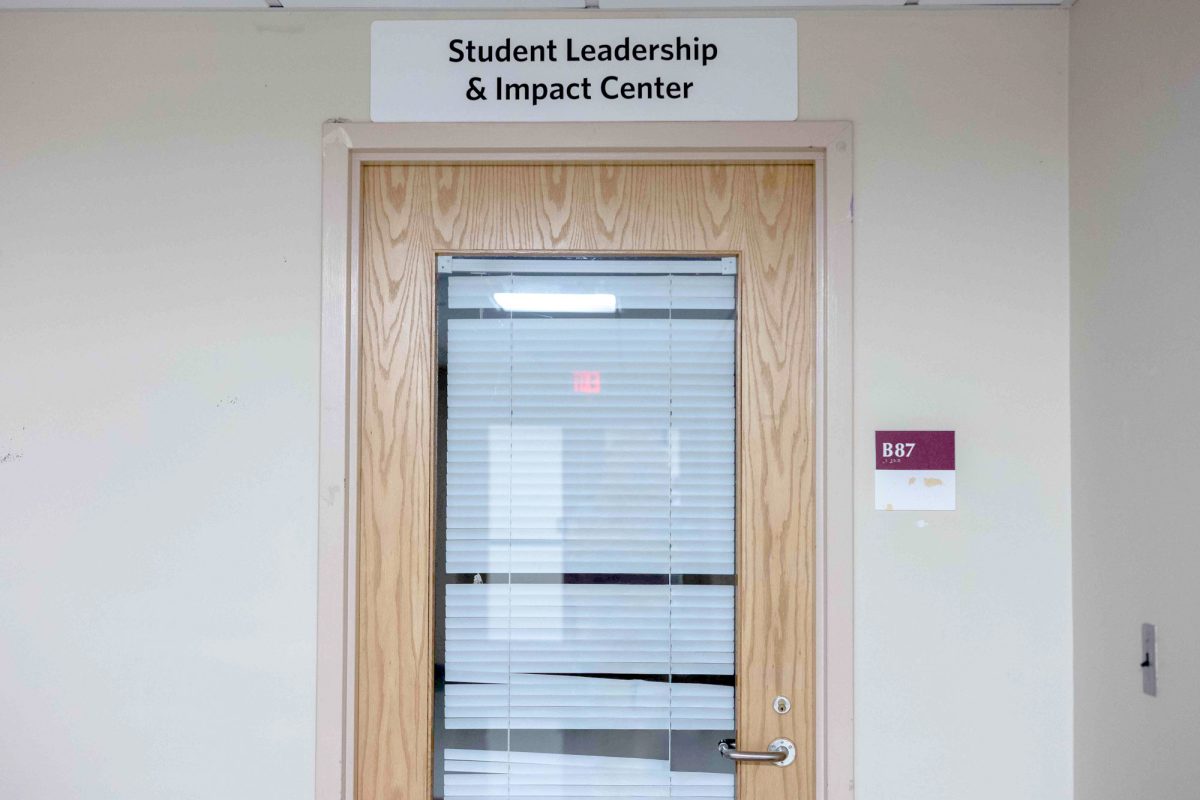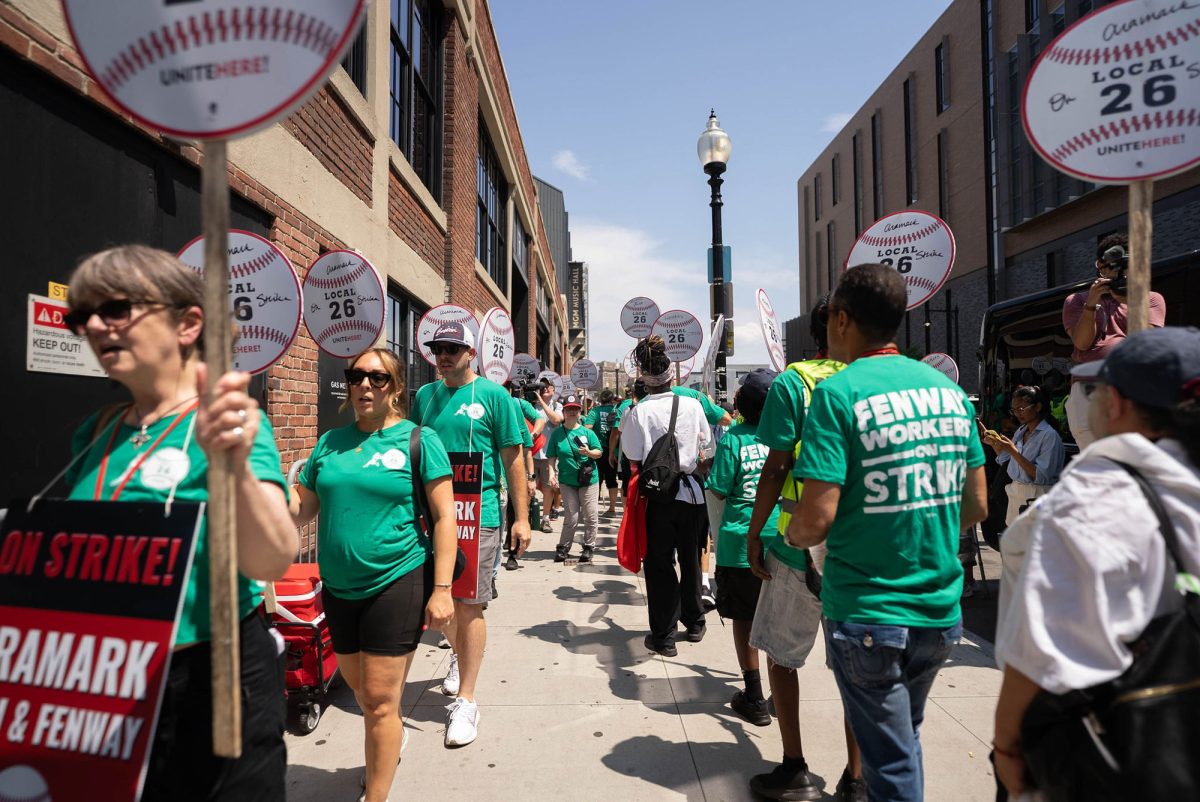Despite a study correlating morning classes with higher grade point averages, many Boston University students said they plan on taking afternoon classes when registering for the spring semester.
In a study published by researchers at St. Lawrence University, results suggested that while students who take classes later in the day get more sleep, they generally get lower GPAs than their early-bird counterparts, according to the SLU press release.
The 253 college students surveyed completed cognitive activities and a one-week sleep diary, as well as questionnaires about sleep, class schedules, substance use and mood.
Researchers found that later start times may also be related to the choices that students make.
Susan Walker, an associate professor of journalism, said that she has noticed that students in her 8 a.m. class who show up on time and ready to work tend to be better students than those in her afternoon classes.
“I don’t know if it’s because they’re just wired that way, so they tend to work harder and don’t mind getting up earlier,” Walker said. “But I think it does tend to be true that students who are part of an 8 a.m. class are ready to be part of the work world and therefore tend to be the better students.”
As a “morning person,” College of Arts and Sciences sophomore Kerry Bailey said she completes more tasks in the morning and spends her afternoons studying. She said that those who choose afternoon classes probably do so because they go to bed later.
“It’s easier for me time-wise,” Bailey said. “I know I choose 8 a.m. classes because I think I do better in the morning.”
CAS freshman Christina Clay, who considers herself a “night owl,” said she disagreed with the study’s findings and that her later classes do not affect her work habits.
“I’m going to [stay up late] whether I have a morning class or an afternoon class,” Clay said. “So, if I at least have afternoon classes, I can sleep in and try and recover from those late nights.”
Clay added that taking morning classes does not mean her notes are better or that she is paying more attention than she would in the afternoon.
“I don’t think I’d learn as well in the morning, and so I think my GPA would probably suffer instead of go up,” Clay said.
Collin Delano, a CAS freshman, said that if he took an earlier class, he would find it hard to be motivated and would likely not absorb the information as well as he would in an afternoon class.
Despite his preferences, Delano said the amount of work outside of class likely plays a larger role in students’ GPAs than the time of the class.
“I don’t think it really matters that much,” Delano said. “I think it is what you want it to be.”
CAS Advising Center assistant Cayla Banton, a senior in CAS, said she thinks students should not form their schedules based on what start times work best. What matters more is pursuing academic interests.
“I would tell [students] to take what’s necessary towards their major, what they’re most interested in,” Banton said.
Clay, however, said that she would choose classes based on times that are best for her.
“I thought maybe if I take earlier classes that I’ll do my homework right away in the afternoon so that I’ll have my nights free, but that doesn’t really work for me, so I’m going to register for afternoon classes, so I get to sleep in and be more functional during my classes,” she said.




























































































































